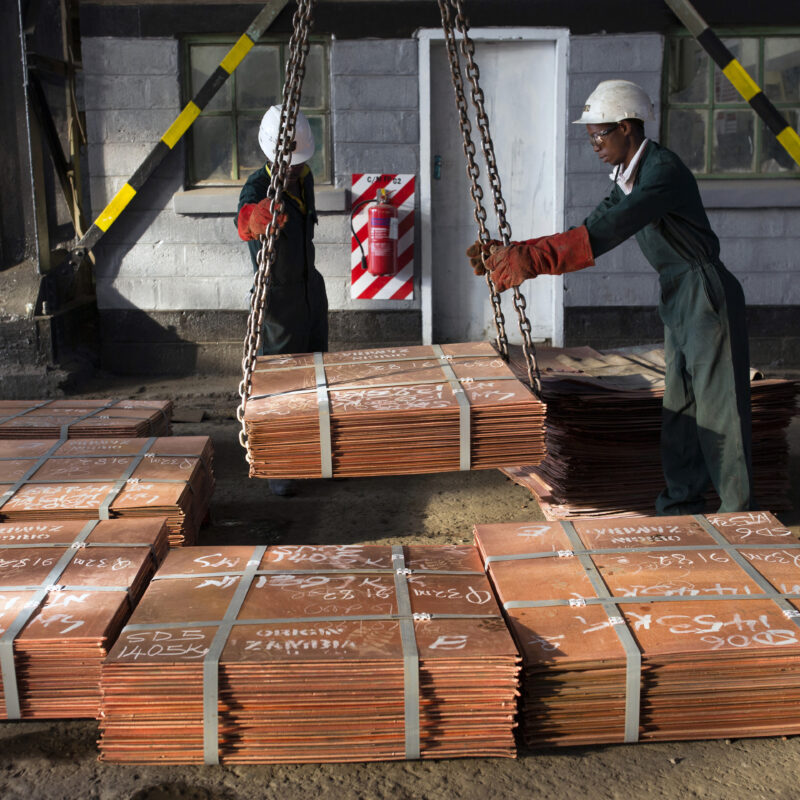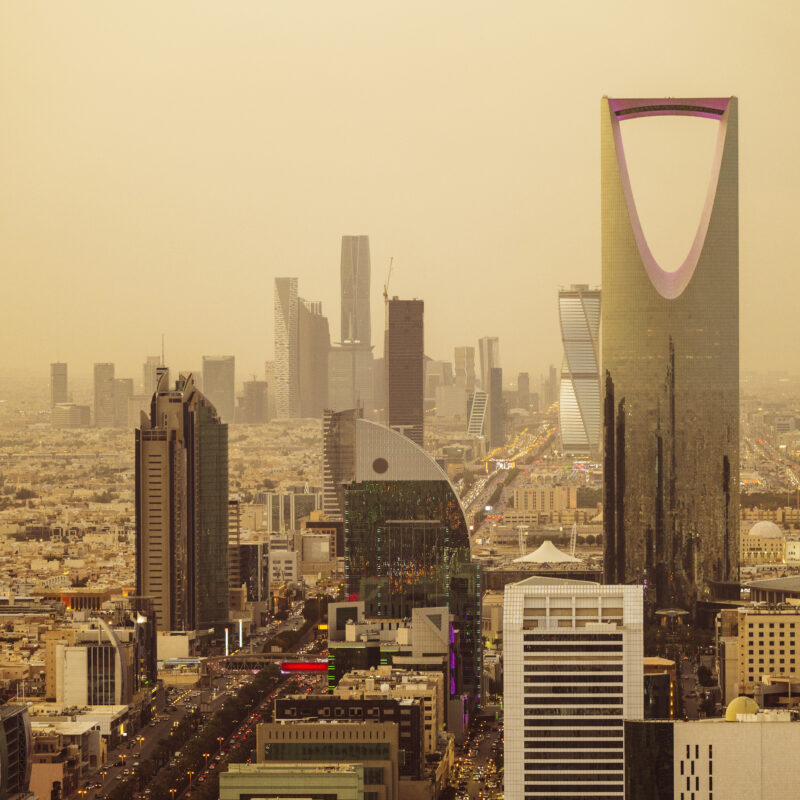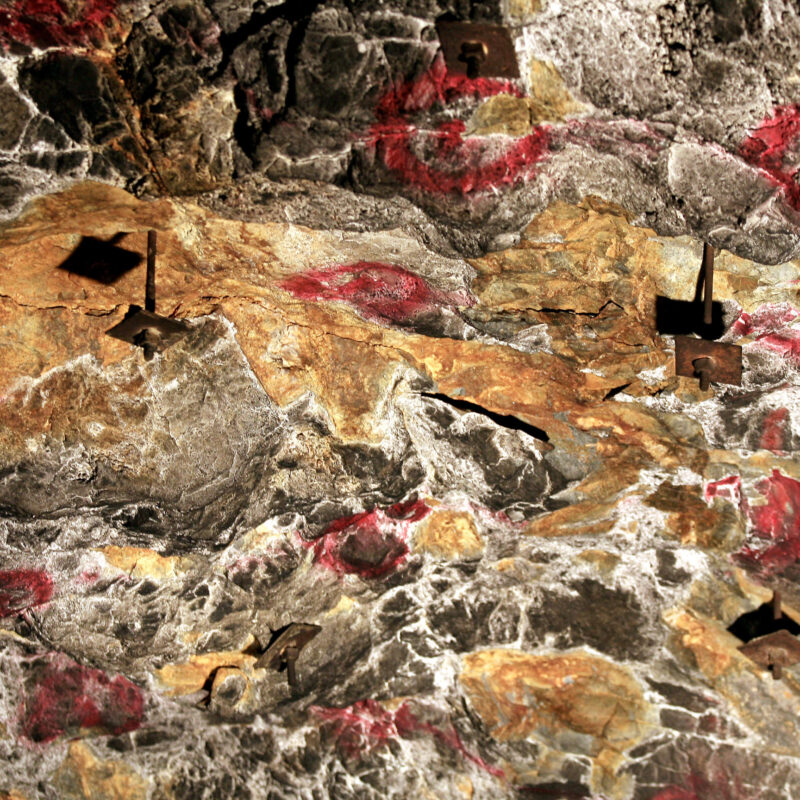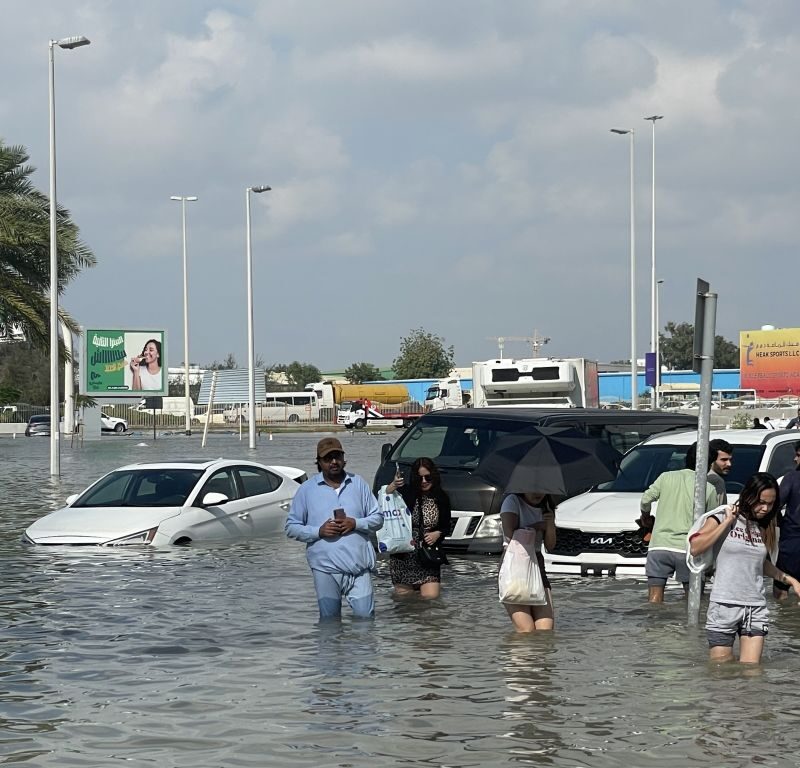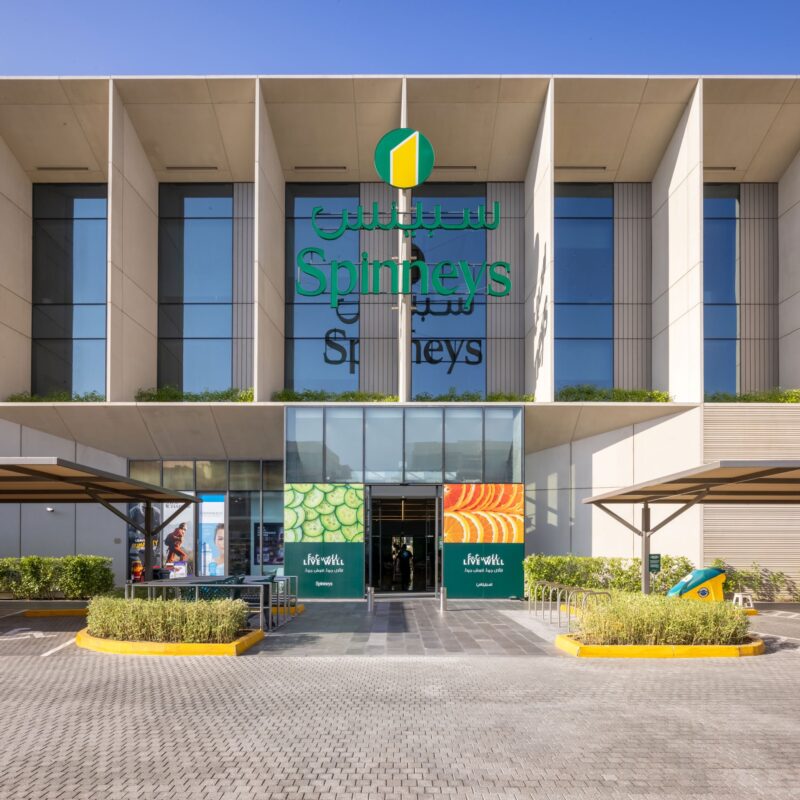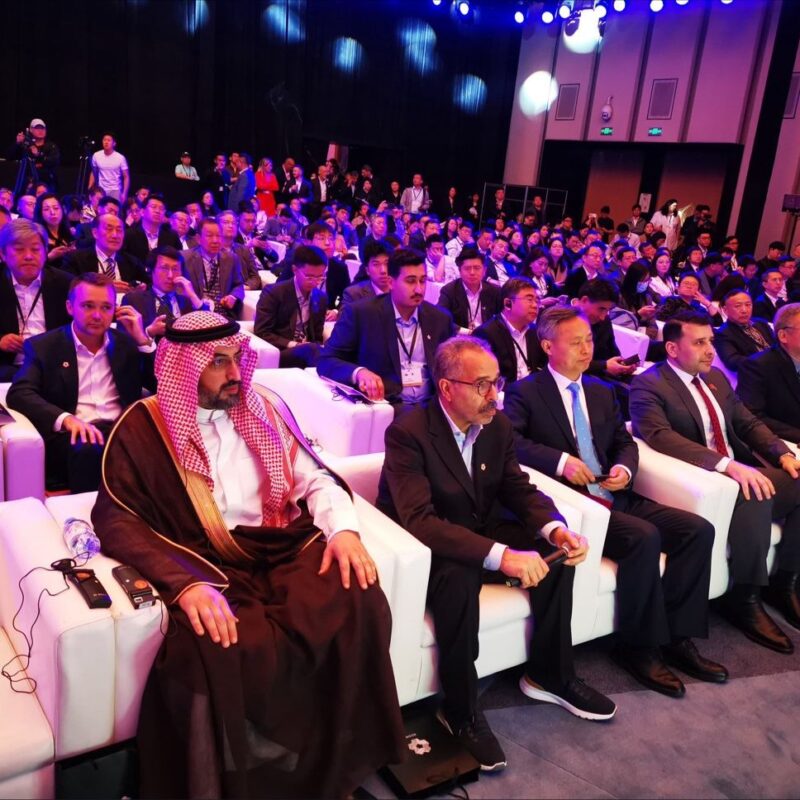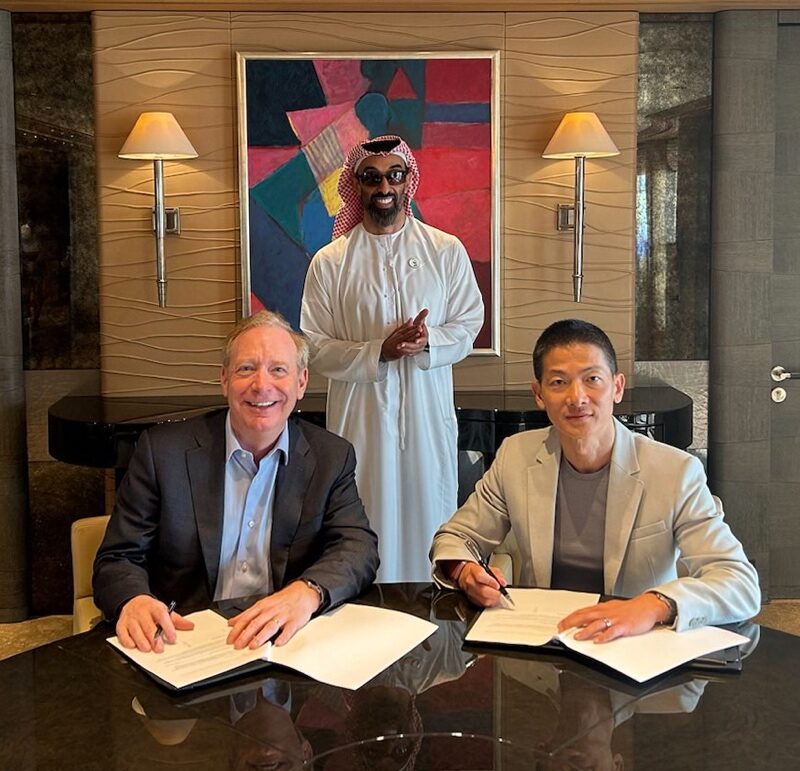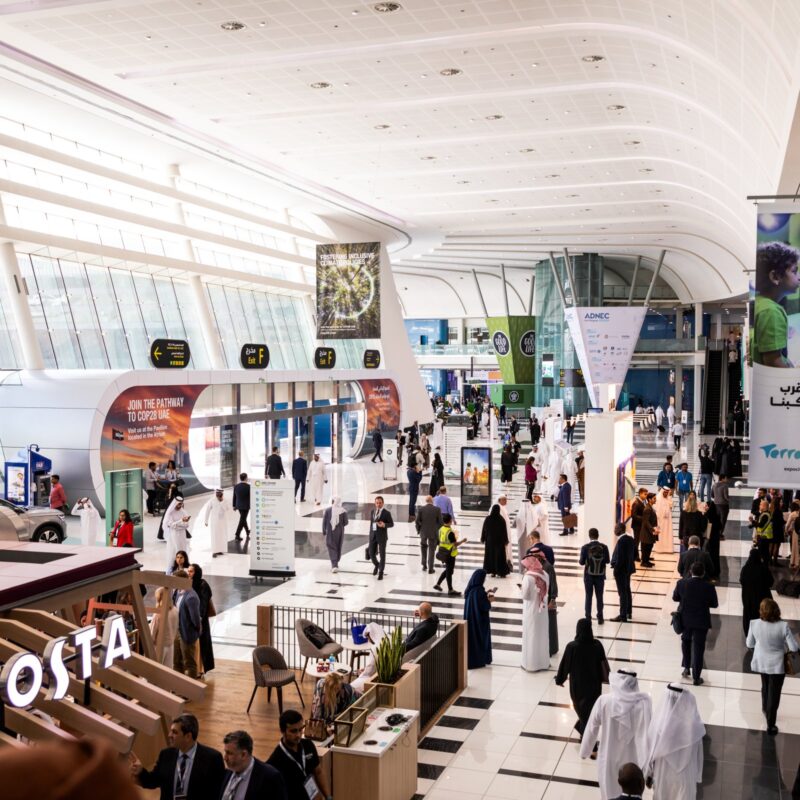Mideast trends: Wheat shortages, energy spikes, crypto
Risk manager Ghanem Nuseibeh assesses Ukraine conflict’s impact
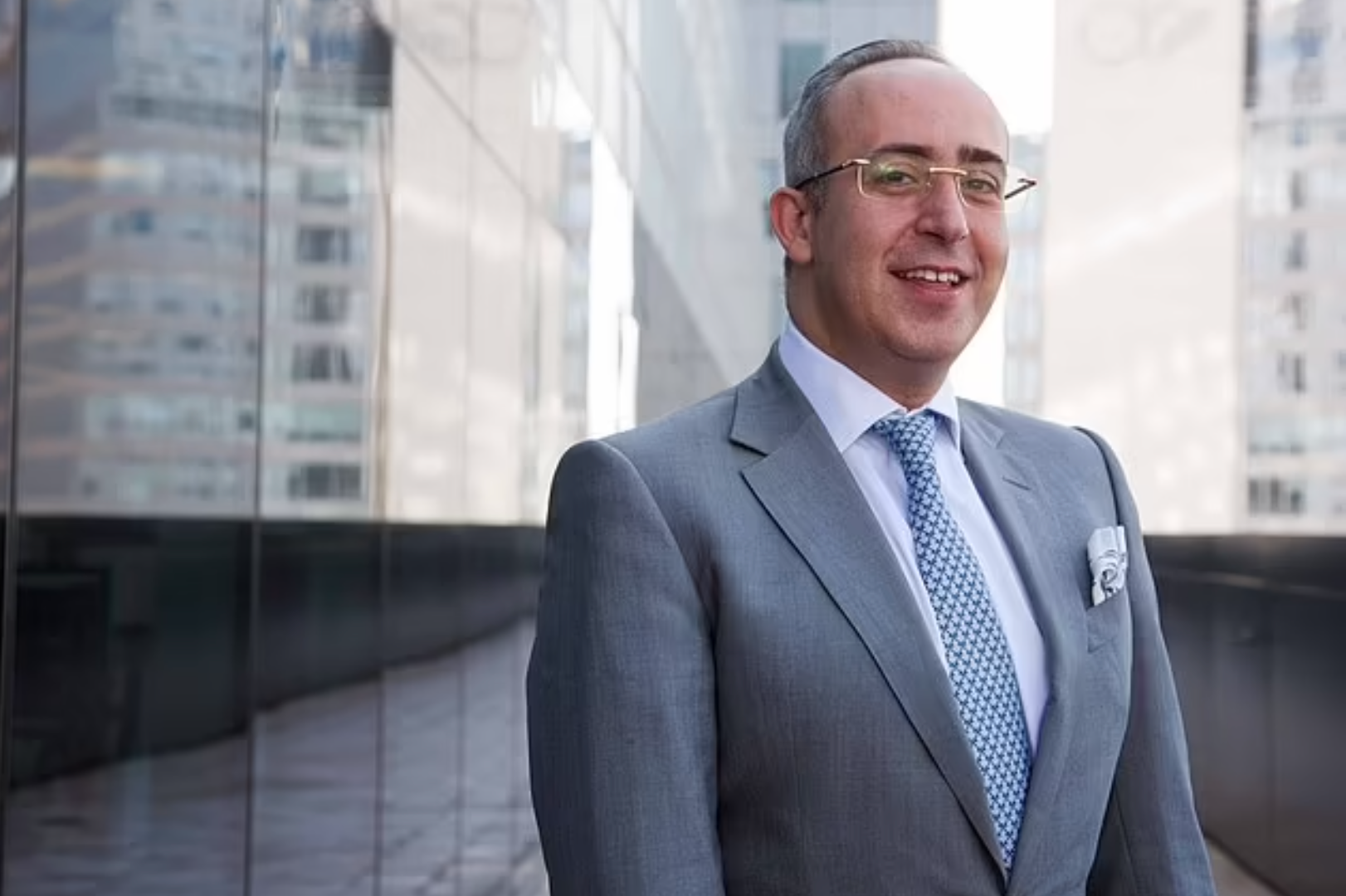
Getty Images
Ghanem Nuseibeh
Over the coming months, investors would do well to pay attention to the impending food shortages caused by the conflict between Russia and Ukraine, particularly the drying up of the wheat supply in Egypt and other countries in the Middle East and North Africa. That’s the advice from Ghanem Nuseibeh, founder of Cornerstone Global Associates, a London-based consulting firm that specializes in risk management in the MENA region.
“Basically you’re talking about potential riots, with collapsing economies, collapsing politics and collapsing societies,” Nuseibeh said in an interview with The Circuit. “Bread is the main food staple. If countries run out of wheat, food becomes more expensive and people have less to eat. We haven’t reached the point of famine, but in a couple of months it could easily get there.” Nuseibeh said Saudi Arabia and other Gulf states that can afford the price spikes will have to subsidize Egypt’s wheat supply.
Nuseibeh, 45, was born in Jerusalem to a prominent Palestinian family whose history has been intertwined for centuries with the city revered by Muslims, Jews and Christians. He lived in the U.K. as a teenager, earned a Master’s degree in civil engineering from London’s Imperial College and spent much of the next two decades working in the United Arab Emirates and elsewhere in the Gulf.
Among his relatives are Zaki Nusseibeh, a close adviser to Crown Prince Mohamed Bin Zayed al Nahyan, the UAE’s de facto leader, and a former cabinet minister; the UAE’s ambassador to the United Nations, Lana Nusseibeh, Zaki’s daughter; and Sari Nusseibeh, the veteran Palestinian leader and scholar. (Ghanem spells his family name with one ‘s.’)
Surveying regional trends, Nuseibeh said investors must recognize the effect that global efforts to reduce dependence on fossil fuels are having on oil-producing nations. Though prices have risen because of the Ukraine conflict, any strategic advantage over Western economies that Saudi Arabia may feel will gradually diminish, he said.
“What does the Gulf have to offer after the decoupling happens?” Nuseibeh said. “The Saudis realize that they are really part of the ‘western’ Middle East. Russia and China are in no way capable of replacing the relationship with the U.S. It’s a matter of just a few years before they become less strategically important to the West.”
In the financial realm, Nuseibeh said a strong regulatory environment is critical if Dubai pushes forward with its blueprint to become a global hub for cryptocurrencies like Bitcoin, and NFTs (non-fungible tokens). He warned any perception that the UAE is lax in exercising financial controls will attract corrupt traders looking to cheat the system.
Apart from his business activities, Nuseibeh has taken great interest in the development of the Jewish community in Dubai and is founding chairman of London-based Muslims Against Antisemitism. He has tangled for years with Qatar since writing a report warning of the political risk associated with the Gulf state’s hosting of soccer’s 2022 World Cup. The event is set to take place in November.
Nuseibeh said addressing food insecurity and renewable energy have become key areas for cooperation between the UAE and Israel since they normalized relations in 2020. He added that both countries have worked diligently to prevent their new alliance from being derailed by the Israeli-Palestinian conflict, which threatened to erupt again last month in East Jerusalem.
“The opportunities are there and many people are starting to look at Israel as just another country in the region,” Nuseibeh said.
